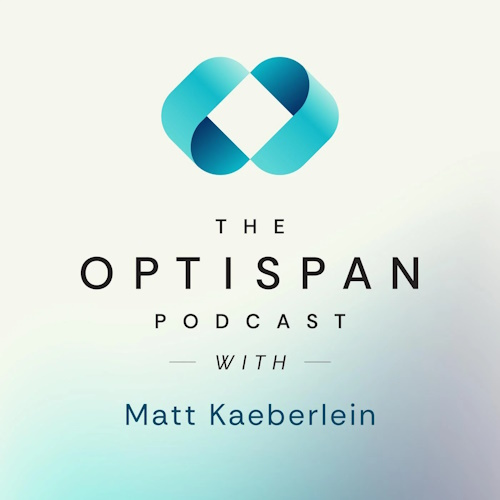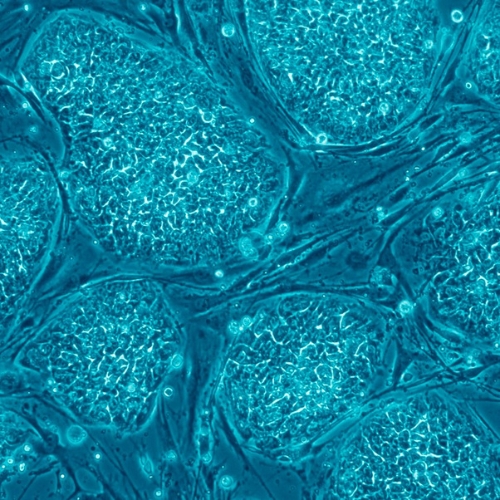Rebuilding the Aging Brain - The Role of Neural Stem Cells
Longevity Roadmap Podcast- Tara Walker explores the intriguing subject of neurogenesis in adults
In this episode of Longevity Roadmap, host Buck Joffrey speaks with Dr. Tara Walker, a senior research fellow at the Queensland Brain Institute and an expert on adult neurogenesis. The conversation explores how the adult brain continues to generate new neurons, the factors that influence this process, and its implications for cognitive health and neurodegenerative diseases.
Key Points:
Dr. Tara Walker unpacks how neurogenesis in the adult brain—once thought impossible—can be influenced by exercise, nutrients, and even blood factors. Her research opens new possibilities for preserving cognitive function and treating neurological disorders.
- Adult Neurogenesis Is Real—and It Happens in the Hippocampus: Contrary to long-held beliefs, the human brain can produce new neurons throughout life, primarily in the hippocampus. This process supports memory and spatial navigation but declines with age, potentially contributing to cognitive deficits.
- Exercise Is a Natural Neurogenesis Booster: Physical activity significantly increases hippocampal neurogenesis. Dr. Walker’s lab has shown that certain factors released into the blood during exercise can cross the blood-brain barrier and stimulate neuron production.
- Selenium and Platelet Signals May Mimic Exercise’s Effects: Her team discovered that selenium transport proteins (like selenoprotein P) and platelet factor 4 are key exercise-linked blood factors. In mouse models, selenium supplements reversed age-related cognitive decline and even showed promise in stroke recovery.
- Ferroptosis and Neuroprotection: Dr. Walker is investigating how selenium may prevent ferroptosis—a type of cell death—in neural stem cells. Reducing this damage could enhance neurogenesis and brain resilience, offering a new route to neuroprotection.
- Implications for Alzheimer’s and Brain Ageing: As neurogenesis declines in conditions like Alzheimer’s, boosting this process—via exercise or targeted interventions—may serve both therapeutic and preventative roles. Lifestyle interventions remain key to sustaining brain plasticity with age.
Visit website: https://www.youtube.com/watch?v=GjvM17Bw52A
See alsoDetails last updated 12-Jun-2025





